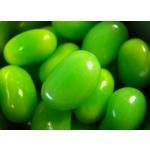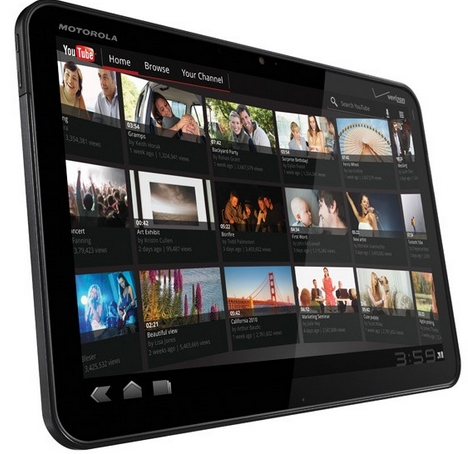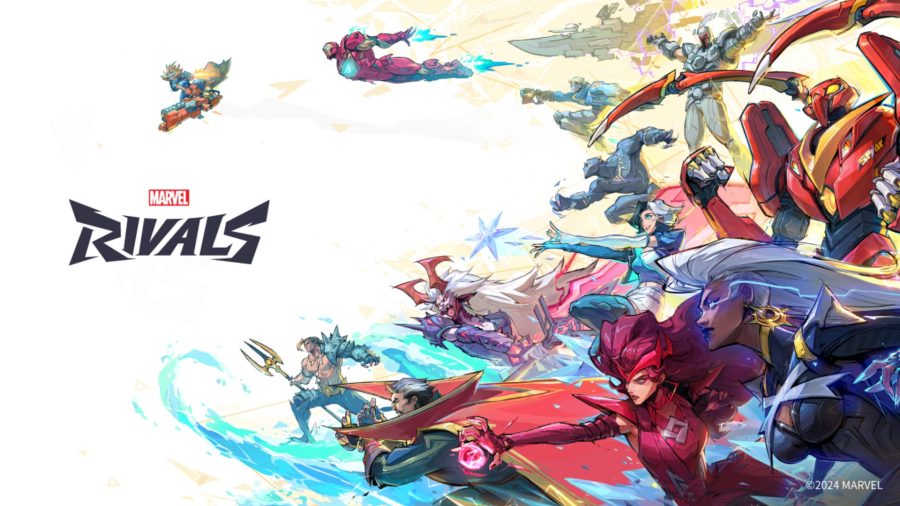There should be a new bounty of dessert coming to Android lovers later this year. Android 5.0 “Jelly Bean” is rumored to be announced in the second quarter of 2012 and provide a better operating system for Android tablets. The report comes from Digitimes, a Taiwanese tech site that specializes on reporting rumors for the supply chain of the world’s upcoming gadgets. Like any publication that specializes in rumors, Digitimes is wrong more often than it is right, but the timeline for Android 5.0 lines up with what Google has released in the past.

Android 4.0 Ice Cream Sandwich was officially announced in Q2 2011 at Google’s I/O developer conference. Google I/O is scheduled this year for June 27-29 in San Francisco, right at the end of Q2. It is unlikely that Google will start shipping Jelly Bean at the same time, more likely waiting until the beginning of Q4 before the first flagship devices are announced.
Digitimes reports that Google wants to beat Microsoft’s Windows 8 to the market. That is not likely to happen. Windows 8 will be Microsoft’s convergence of its mobile and desktop platforms and optimized for tablets. It is expected to drop late in Q3 this year.
The next logical step for Google is to converge its own desktop and mobile platforms. The Google Chrome OS has never really taken off but there are significant things to like about a Web-based operating system, especially on a tablet form factor. Jelly Bean could be built off the Android kernel with a Chrome skin and functionality, mixing the best design elements of both. If that is the case, it would behoove Google to take its time building Jelly Bean as any time two platforms collide, the initial offer of the subsequent UI tends to be lackluster.

Image: Motorola Xoom, the first Android tablet running Honeycomb
Google does not need to beat Windows 8 to market. It already has. There are dozens of Android tablets on the market and some of them might actually be worth the components they are built with. In the tablet game, the focus for Google should not be to create a new Honeycomb-like tablet only operating system but rather take Ice Cream Sandwich and get a few high-end tablets to market. Right now there is not one Android tablet that could be considered “flagship” outside of, perhaps, the extremely limited Amazon Kindle Fire running a forked version of Android 2.3 Gingerbread.
The most interesting and far-fetched aspect of the Digitimes report is that tablet OEMs could, “choose to adopt only Android 5.0 or add Android 5.0 to Windows 8 devices with the ability to switch between the two OSes without the need to shut down the computer.” Google might like this idea as a way to undermine Windows 8 on its own devices but Microsoft would never allow this to happen. Either way, the thought of a dual-OS tablet sounds like a nightmare for users as at least one of them would have to run as a virtual machine on top of the other. For the limited processing power inherent with mobile devices, that is not likely to happen.
The best to be believed from the Digitimes report is that, yes, we will see Android 5.0 in Q2 2012. It will likely be announced at Google I/O. The convergence of the Android and Chrome operating systems seems likely at some point as well and the next flavor of Android is as good a time as any. Google has already made the first step by releasing an Android-optimized version of the Chrome browser for Ice Cream Sandwich.
Some pundits are crying foul that Google is coming out with yet another Android version shortly after the release of Ice Cream Sandwich. That is only if you believe that Jelly Bean will be “released” in Q2 as opposed to just being announced. It is not likely that Android will come out with more than one (possibly two) flavors of Android this year. The ecosystem needs to catch up with itself and Google knows it. Expect Jelly Bean to be the only major upgrade to the platform with devices coming late in the year. If that sounds familiar, there is another company that releases one version of its mobile OS a year. It is called Apple.
In respect to Windows 8, Android does not need to compete with a new operating system. Remember that it is Microsoft, not Google, playing catch-up in the mobile ecosystem. Google has most of 2012 to help OEMs build tablets that people will actually want, running Ice Cream Sandwich and eventually Jelly Bean. Microsoft needs to come to Google and Apple in the market, not the other way around.
Top image courtesy of Shutterstock









